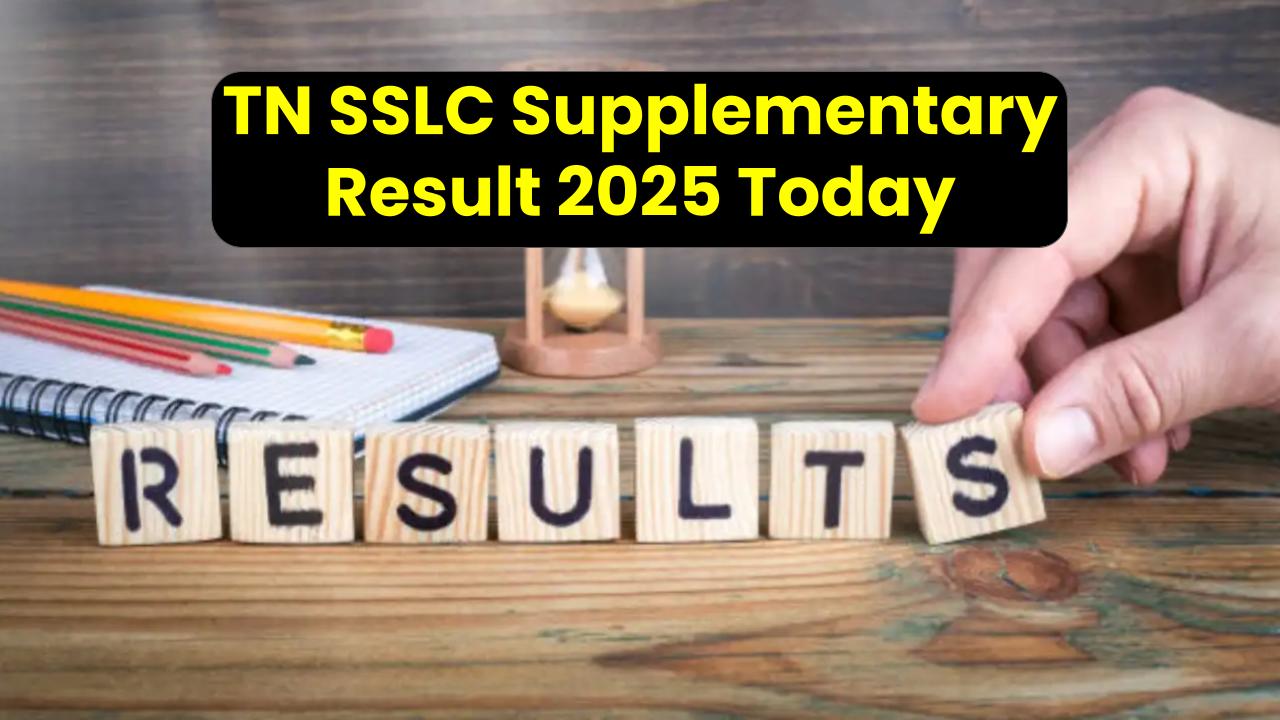In 2025, South Africa’s Technical and Vocational Education and Training (TVET) colleges are set to undergo a major transformation. This change isn’t just a small tweak here and there—it’s a full overhaul aimed at improving the quality and relevance of vocational education across the country.

2025 TVET College Curriculum in South Africa
| Key Point | Details | Impact/Benefit |
|---|---|---|
| Curriculum Overhaul | TVET colleges will shift from N1–N3 to industry-specific qualifications by 2026. | Closer alignment with industry needs for better job readiness. |
| Focus on Practical Skills | More emphasis on practical, hands-on assessments. | Improved readiness for real-world work environments. |
| Industry Collaboration | Increased industry input into curriculum development. | Curricula will reflect actual market demand, leading to better employability. |
| Digital Learning Platforms | More online and blended learning opportunities. | Greater access to TVET education, especially for remote learners. |
The 2025 TVET curriculum reforms represent an exciting new chapter in South Africa’s education system. By making the curriculum more practical, industry-focused, and accessible, the changes aim to equip students with the skills they need to succeed in a competitive job market. Students, educators, and employers alike will benefit from these updates as the TVET sector continues to evolve in line with the demands of the modern economy. So, if you’re involved in vocational education in South Africa, get ready for an exciting ride. The future is bright, and it starts now.
What’s New in the 2025 TVET Curriculum?
The 2025 TVET curriculum isn’t just an update—it’s a game changer. These changes are driven by the need to better equip South African students with the skills and knowledge required to thrive in the modern economy. Here’s what’s new and how it impacts the landscape:
1. The Shift to Occupational Qualifications
One of the biggest changes you’ll notice is the transition from the National Certificate (Vocational) (NC(V)) system to occupational qualifications. What does this mean? In simple terms, this shift aims to make the education students receive at TVET colleges more closely aligned with what’s happening in the real world of work.
Students will no longer complete the traditional N1–N3 qualifications. Instead, they’ll move toward occupational qualifications that are directly managed by the Quality Council for Trades and Occupations (QCTO). These new qualifications are designed to be more flexible and industry-specific, focusing on the actual skills that employers need in their businesses. This means graduates are much more likely to be job-ready right after they finish their studies.
2. Enhanced Practical Assessments and the EISA
One of the reasons this shift is so important is the new emphasis on practical skills. The South African TVET sector has often been criticized for not adequately preparing students for the practical realities of the workplace. With the introduction of External Integrated Summative Assessments (EISA), the focus will shift toward hands-on, real-world learning.
In the past, students would have multiple exams to pass per level. Now, EISA combines theoretical and practical assessments, ensuring that students can demonstrate their skills in a practical setting, making them more prepared to hit the ground running in their careers.
3. Stronger Industry Partnerships
Another exciting part of this reform is the increased collaboration between TVET colleges and industry partners. The goal is to ensure that students are trained in the skills that are truly needed in today’s job market.
Industry players will now have a bigger role in shaping the curriculum, which means students will be trained with up-to-date knowledge and practices that are highly valued by employers. Whether it’s engineering, construction, information technology, or hospitality, these industry partnerships aim to keep the curriculum relevant and practical.
4. More Access with Digital Learning Platforms
TVET colleges are also embracing the digital age with the introduction of blended learning. This means students will have more opportunities to access online resources and flexible learning options. With online education gaining traction worldwide, South Africa is making strides to ensure that students in remote areas or with limited resources have access to quality education.
This approach not only helps students get a more personalized learning experience but also makes TVET education more accessible, especially for those who live far from traditional campuses.
5. Centres of Specialisation and Trade Test Centres
In line with the new curriculum, there will also be an expansion of the Centres of Specialisation. These centres are dedicated spaces where students can focus on specific trades and gain hands-on experience. There are already 34 Centres of Specialisation across the country, and the plan is to expand them further.
Additionally, trade test centres will play a key role in assessing the competencies of students, ensuring they are fully prepared to enter the workforce with all the skills they need.
Implementation Timeline: What You Need to Know
So, when can you expect to see all of this happening? Here’s a quick breakdown of the key dates for the rollout of the 2025 TVET curriculum reforms:
- 2025: The changes to the curriculum will begin, with a focus on introducing occupational qualifications and blended learning platforms.
- 2026: By this time, the shift from N1–N3 to occupational qualifications will be completed, marking a major milestone in the transition.
- Post-2026: Full implementation of the revised curriculum, including the complete overhaul of N4–N6 programmes.
Key Takeaways for Students, Educators, and Employers
Whether you’re a student, a teacher, or a business owner, there are a few key takeaways from the 2025 curriculum changes:
- For Students: This is a great opportunity to get ahead in your career. With more hands-on learning and a focus on real-world skills, the new curriculum will make you more competitive in the job market. Be prepared to adapt to a more industry-focused, digital-friendly learning experience.
- For Educators: The curriculum changes mean that there will be a need for continuous professional development. As an educator, you’ll have to stay up to date with industry trends and learn how to effectively teach blended learning courses.
- For Employers: The changes mean that TVET graduates will be more job-ready than ever. Consider building partnerships with TVET colleges to ensure you’re getting graduates who meet your specific needs. You might also want to consider offering apprenticeships to help develop the next generation of skilled workers.
FAQs
1. What are occupational qualifications?
Occupational qualifications are specialized programs that directly reflect the skills and competencies required by specific industries. These qualifications are more flexible and designed to help students transition directly into the workforce.
2. Will TVET students still take exams?
Yes, but the assessments will be more practical. Students will complete External Integrated Summative Assessments (EISA) that combine theoretical knowledge with hands-on skills.
3. How will digital learning impact TVET colleges?
Digital learning will provide students with more flexibility and access to materials, especially for those in rural or remote areas. It also aligns TVET education with the global trend of online learning.
4. When will these changes be fully implemented?
The full transition will be completed by 2026, but changes will begin in 2025.








